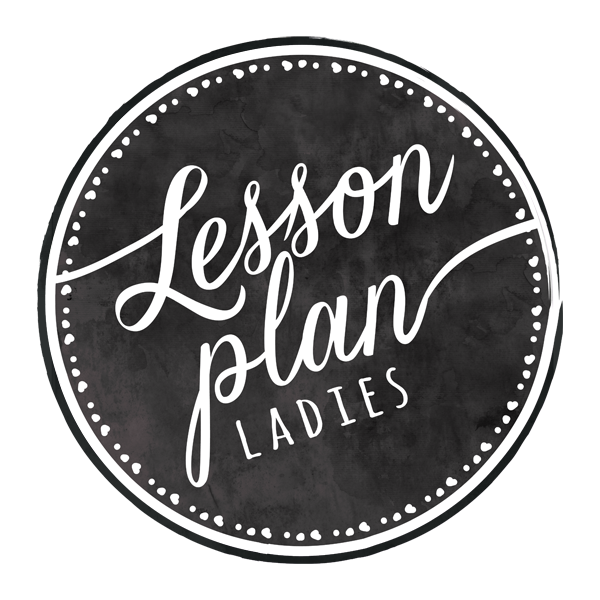We LPL ladies LOVE science, history, art, music, and foreign language, but many families stick to the basics of learning reading, writing, and arithmetic. We polled several more experienced home educators and asked them what they thought. Sally's resounding "YES!" to including "extras" in regular studies helps explain the impact these subjects had on her children.
In addition to math and language arts, is it a good use of time to include regular studies on science, history, art, music, and/or foreign language for my elementary aged children? Why or why not?
"My answer is whole-heartedly, yes! It increases their desire to learn...but in that I am not saying with early-elementary ages you need to buy curriculum for every one of these subjects. Because we did not begin our home school until our daughters were ages 10, 7, {and newborn who was always in on everything from her get-go}…we had experienced a public “languages” school beginning in kindergarten. I gleaned from that experience what I liked. I actually loved the arts! If we had not moved to Denver from Cincinnati, our daughters may have remained forever in the bilingual school. I mean we had given up a sub-zero winter night and day to wait in line for their enrollment. Had we not moved to Denver I do not know if I would have learned about home schooling via a long route of frustration to re-find the good we had in that bilingual school. Mastery of a second language was always a goal and we tried several curriculums finally landing with Rosetta Stone. It is expensive, but most valued to me, and the one purchase will last through all of your children. This goal did open interesting doors for our daughters.
Getting back to the youngness of your school here…this might interest you and resolve an overwhelmed feeling of ‘how can I get this all in?’ - Our Monday mornings were motivated by a virtual tour through a museum. We traveled the world that way. Science experiments were always a midweek highlight. Fridays seemed made for recovery of the house, field trips or the ‘art’ project for the week... History was done with simple study projects and reading mostly that I did aloud, and we did stay in time-line order beginning with Bible history. All of our daughters seemed to gain a real love for learning history current and past. This is just the place that you will need to create to the personalities of your children and how the Lord leads you and your husband. Again I would emphasize that you do not need to buy expensive curriculum, but it would not hurt to go to a home school conference and peruse through what is out there and the resource you have here with the LPL website is most helpful. Sometimes it takes seeing something to trigger your creative juices!!
Consider what your strengths are…do you have a love for certain art forms? Do you have friends that have, say, a love for science that you could swap your ideas for art such as weaving or print making? You really can create your own way through these areas of learning especially while your children are young, but this is the ideal place in study to join with a few other families in forming a small co-op group. Until 5th grade, I did not give grades for any of the extras, but would quarterly write a summary of what had been done…my girls were satisfied with big smiley faces and stickers! We photographed every project, experiment, field trip and collected those all along with the summary and kept them together in a book/folder of our year.
I hope this has answered your question of why. I do not have an answer for why not because we did them all. Enjoy this young time you have to teach your sons and daughters."
In case you've missed past Q&A's, click below to hear from the other veteran homeschool mothers:
Q&A with Veteran Homeschool Mothers: Part 1
Q&A with Veteran Homeschool Mothers: Part 2
Q&A with Veteran Homeschool Mothers: Part 3
Q&A with Veteran Homeschool Mothers: Part 4
Q&A with Veteran Homeschool Mothers: Part 5
Q&A with Veteran Homeschool Mothers: Part 6
Q&A with Veteran Homeschool Mothers: Part 7
Q&A with Veteran Homeschool Mothers: Part 8
Q&A with Veteran Homeschool Mothers: Part 9
















